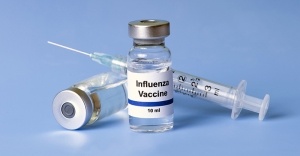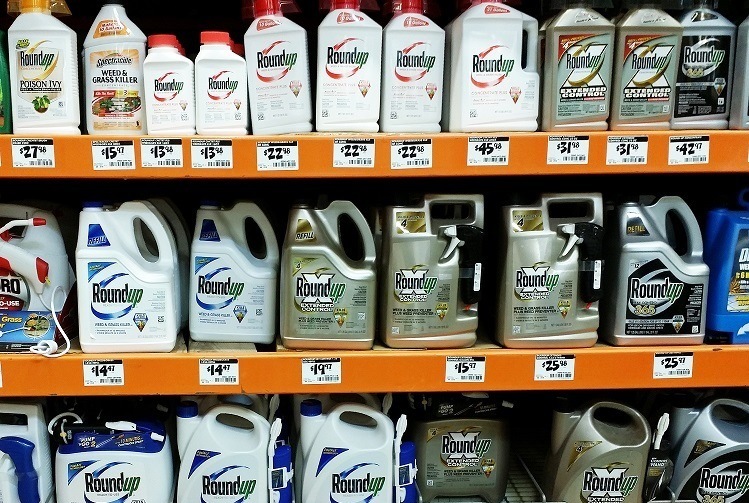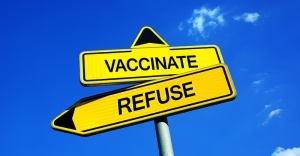Vaccine Rights Attorney Sent Back to Jail a Third Time for Refusing to Breach Attorney-Client Privilege
After a hearing at Wake County Courthouse on Tuesday, May 21, 2019, Attorney Alan Phillips was was ordered back to jail for a third time, and his license was suspended for at least until his next hearing on June 24, 2019. The judge can do this up to a cumulative year in jail. So this harassment of Attorney Phillips could continue for a long time. Alan has been already been jailed on Thursday, May 9, 2019, and on and Monday, April 29, 2019, for 48 hours each, for “contempt of court” after he refused to breach attorney client privilege. The North Carolina State Bar is demanding that Phillips turn over years of privileged client files in a retaliatory fishing expedition lawsuit, after he filed a complaint against the bar for alleged misconduct; the Bar internally dismissed Phillips’ complaint and a subsequent follow-up complaint. Incidentally, OAMF filed a complaint that was also internally dismissed. Alan has done nothing illegal, the NC State Bar has not provided the court any evidence of wrongdoing on Alan’s part, and this entire lawsuit is a fishing expedition to try and discover some wrongdoing on Alan’s part in an effort to silence him and/or retaliate against him for filing a complaint against the Bar. Alan Phillips, J.D. is a nationally recognized expert and presenter on vaccine policy and law, and is the nation’s only attorney whose practice is focused solely on vaccine exemptions and legislative activism.























